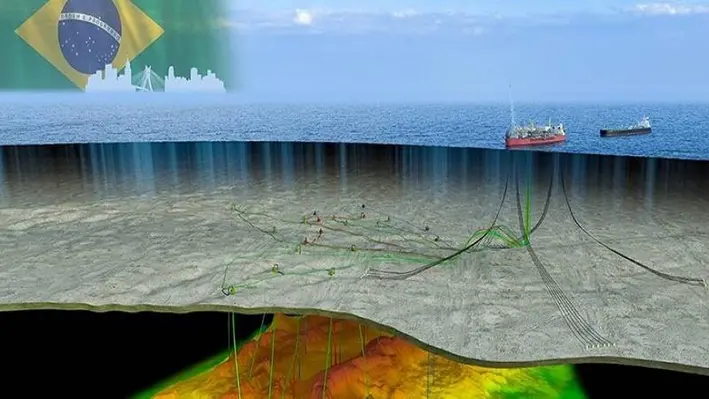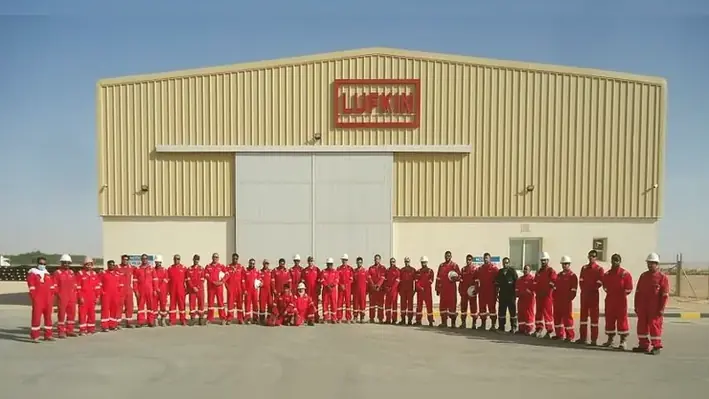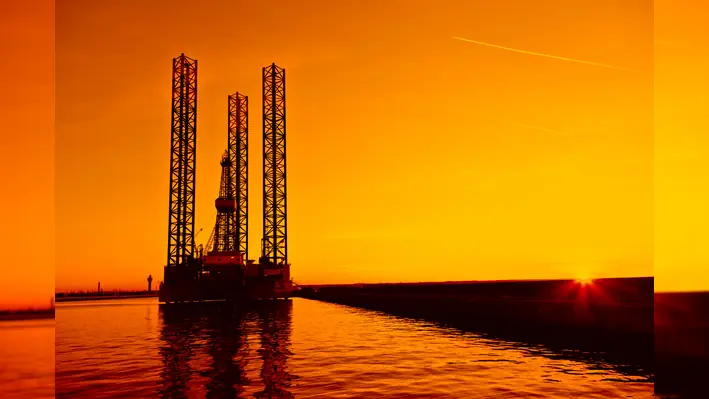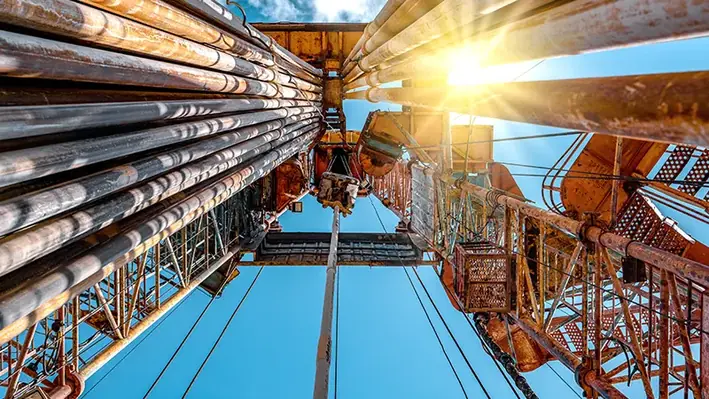
Equinor (operator), ExxonMobil, Petrogal Brasil and Pré-sal Petróleo SA (PPSA) have agreed to develop phase one of the Bacalhau field located in the pre-salt Santros area offshore Brazil.
The Bacalhau field, situated across two licenses, BM-S-8 and Norte de Carcará, is a high-quality carbonate reservoir, containing light oil with minimal contaminants. The development will consist of 19 subsea wells tied back to a floating production, storage and offloading unit (FPSO) located at the field. This will be one of the largest FPSOs in Brazil with a production capacity of 220,000 barrels per day and two million barrels in storage capacity. Estimated recoverable reserves for the first phase are more than one billion barrels of oil.
“The development of the Bacalhau field is a strategic investment in our global portfolio and has the potential to bring high returns for ExxonMobil, our partners and the Brazilian people,” said Juan Lessmann, Lead Country Manager for ExxonMobil in Brazil. “This project has progressed due to the strong collaboration between ExxonMobil, Equinor, Petrogal and the government.”
Subsea Integration Alliance
For the engineering, procurement, construction and installation (EPCI) of the subsea pipelines (SURF) and production systems (SPS), Equinor has awarded a contract to Subsea Integration Alliance, a nonincorporated strategic global alliance between Subsea 7 and OneSubsea.
The development will include 140 kilometres of rigid risers and flowlines, 40 kilometres of umbilicals and 19 trees, as well as associated subsea equipment, in water depths of approximately 2,050 metres.
Project management and detailed engineering will take place in Rio de Janeiro, Brazil, with support from Subsea 7’s Global Project Centre in UK and France and various OneSubsea offices. Offshore activities will take place from 2022 to 2023 using Subsea 7’s reel-lay, flex-lay and light construction vessels.
Stuart Fitzgerald, CEO Subsea Integration Alliance, commented, “The award to Subsea Integration Alliance of the EPCI contract is a result of our strategy for early engagement and track record of major integrated projects. It underlines the strength and breadth of our global project management capabilities which underpin our delivery of large and complex integrated projects.”
Limiting climate impact
The development plan was approved by the Brazilian National Agency of Petroleum, Natural Gas and Biofuels (ANP) in March 2021.
Significant efforts have been made to reduce emissions from the production phase, including implementing a Combined Cycle Gas Turbine system to increase the energy efficiency of the power station.
Lifetime average CO2 intensity is expected to be less than 9 kg per barrel produced, significantly lower than the global average of 17 kg per barrel. Work will continue through the lifetime of the field to reduce emissions and increase energy efficiency.
The entire investment for the development is approximately US$8bn, with first oil planned in 2024. Due to the Covid-19 pandemic and related uncertainties, project plans may be adjusted in response to health and safety restrictions.




